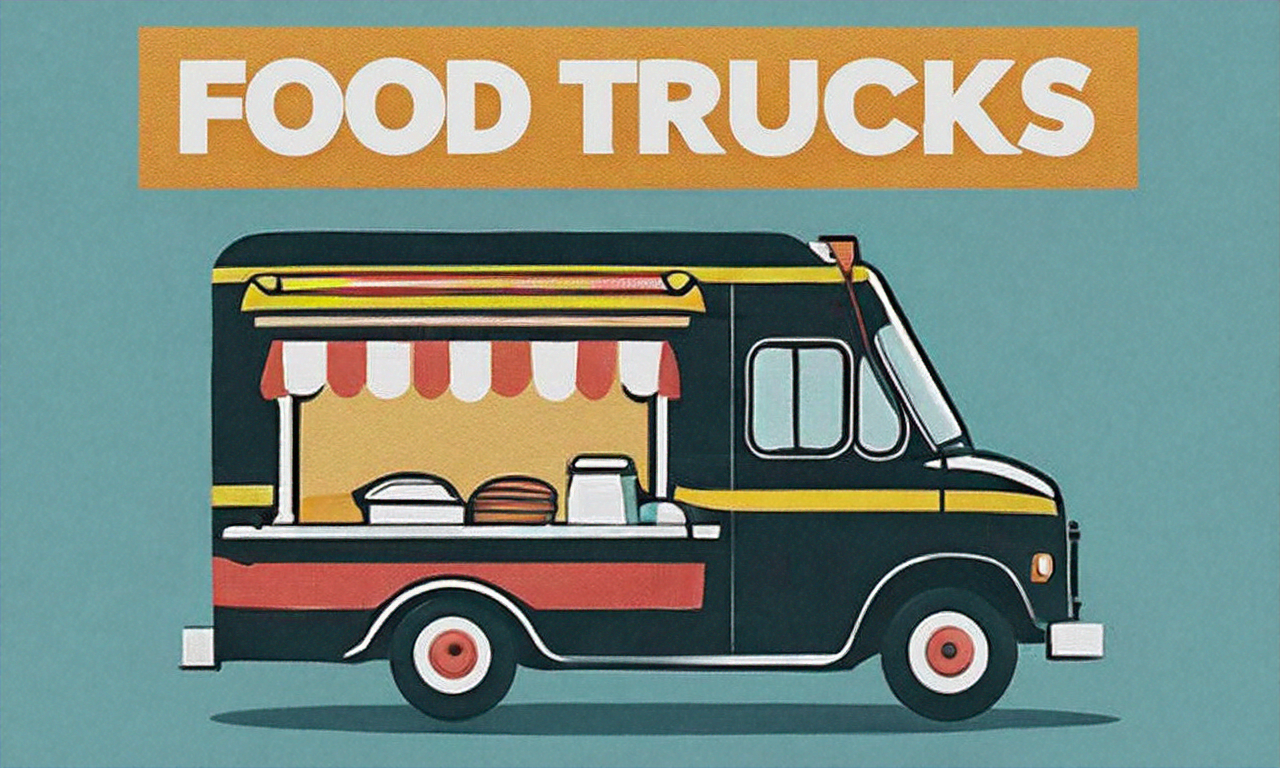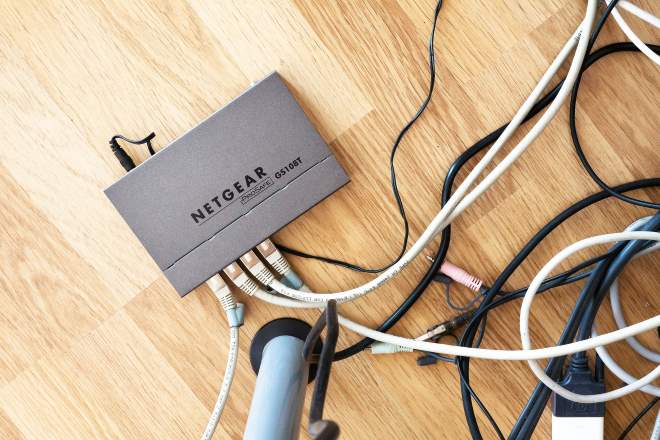Learn about Rent to Own Food Trucks and start your catering dream
Rent-to-own arrangements can help aspiring caterers and mobile food entrepreneurs get on the road without the large upfront expense of buying a truck outright. This guide explains how rent-to-own and lease-to-own models work, what to expect in terms of responsibilities and payments, and how they compare with other financing routes. You’ll also find practical tips for locating used rentals, estimating total costs, and choosing reputable providers in your area so you can plan a realistic path from idea to service window.

Understanding Rent-to-Own Food Truck Concepts
Rent-to-own food trucks represent a unique agreement where a business or individual leases a food truck with the option, and often the obligation, to purchase it at the end of the lease term. This structure typically involves regular monthly payments that contribute towards both the rental cost and a portion of the purchase price. Unlike a standard lease, a significant part of the payments builds equity, making the path to ownership clearer and more accessible. It’s an arrangement designed to bridge the gap for those who may not qualify for conventional loans or prefer a phased investment approach.
These agreements often include a predetermined purchase price, with a portion of the rental payments applied to reduce this amount over time. At the end of the term, the lessee typically pays a final balloon payment or exercises a purchase option to acquire full ownership. This model can be particularly beneficial for new businesses that need to establish cash flow and prove their business concept before committing to a large capital expenditure.
What Are the Advantages of Rent-to-Own?
The rent-to-own model offers several distinct advantages for individuals looking to enter the food truck industry. One primary benefit is the lower upfront capital requirement compared to an outright purchase. This can significantly reduce the financial barrier to entry, allowing entrepreneurs to allocate more funds towards operations, inventory, and marketing. Additionally, these agreements often come with more flexible terms than traditional bank loans, potentially accommodating businesses with limited credit history or those still in their nascent stages.
Another advantage is the opportunity to test a business concept without the full financial commitment of ownership. If the business proves successful, the path to ownership is already established. If challenges arise, the exit strategy might be more straightforward than being tied to a large loan. Furthermore, some rent-to-own providers may offer maintenance packages or support services, which can be invaluable for new operators learning the intricacies of food truck upkeep and operation.
Exploring Other Food Truck Financing Options
While rent-to-own provides a flexible route, it is important to understand other available food truck financing options. Traditional bank loans are a common choice for established businesses with good credit and a solid business plan, often offering lower interest rates over the long term. Equipment loans are specifically designed for the purchase of assets like food trucks, using the truck itself as collateral. These can be secured through banks, credit unions, or specialized equipment lenders.
Another option includes Small Business Administration (SBA) loans, which are government-backed loans that can offer more favorable terms to small businesses, though they often involve a more extensive application process. Personal loans or lines of credit might be considered for smaller-scale ventures or as a bridge to more substantial financing. Each financing method has its own set of requirements, interest rates, and repayment structures, making it essential for entrepreneurs to research and choose the option best suited for their specific financial situation and business goals.
Strategies for Finding Used Food Truck Rentals
Identifying reputable sources for used food truck rentals, including rent-to-own opportunities, requires diligent research. Online marketplaces dedicated to commercial vehicles and food trucks are excellent starting points, often featuring listings from private sellers and dealerships across the United States of America. Specialized food truck brokerage firms and equipment rental companies frequently offer rent-to-own programs, providing a curated selection of vehicles that meet health and safety standards.
Networking within the local food truck community in your area can also uncover opportunities, as existing operators or retiring businesses might be looking to transition their assets. Attending industry trade shows and culinary events can connect you with vendors and financial service providers specializing in the mobile food sector. When evaluating potential rentals, it is crucial to conduct thorough inspections of the vehicle’s condition, verify its maintenance history, and review all terms of the rent-to-own agreement carefully to ensure it aligns with your business objectives and budget.
Cost Insights for Rent-to-Own Food Trucks
The cost of a rent-to-own food truck can vary significantly based on factors such as the truck’s age, size, existing equipment, and the specific terms of the agreement. Initial down payments can range from a few thousand dollars to 10-20% of the truck’s value. Monthly payments typically fall between $1,500 and $4,000, depending on the overall value of the vehicle and the length of the rental term. These payments contribute towards the eventual purchase, often with a balloon payment at the end of the contract to complete the acquisition. It is important to factor in additional costs such as insurance, permits, licensing, and ongoing maintenance when budgeting for a rent-to-own food truck. These operational expenses are separate from the rent-to-own payments but are crucial for the business’s viability.
| Product/Service | Provider (Example) | Cost Estimation (Monthly) | Key Features/Benefits | Cost Estimation (Down Payment) |
|---|---|---|---|---|
| Basic Used Food Truck | Local Leasing Co. | $1,500 - $2,500 | Standard kitchen setup, older model | $5,000 - $10,000 |
| Equipped Mid-Range Food Truck | Specialty Lender | $2,500 - $3,500 | Newer equipment, moderate mileage | $10,000 - $20,000 |
| Premium Custom Food Truck | Custom Builders | $3,500 - $5,000+ | Advanced kitchen, low mileage, tailored features | $20,000 - $40,000+ |
Prices, rates, or cost estimates mentioned in this article are based on the latest available information but may change over time. Independent research is advised before making financial decisions.
Conclusion
Rent-to-own food trucks offer a strategic entry point for entrepreneurs aspiring to launch a mobile culinary business without the immediate burden of a large capital investment. This financing model provides a structured path to ownership, allowing businesses to build equity over time while generating revenue. By understanding the advantages, exploring various financing alternatives, diligently seeking out suitable vehicles, and carefully assessing the associated costs, individuals can make informed decisions to pursue their catering dreams. The flexibility and reduced upfront costs associated with rent-to-own agreements can be a significant enabler for new ventures in the dynamic food truck industry.




